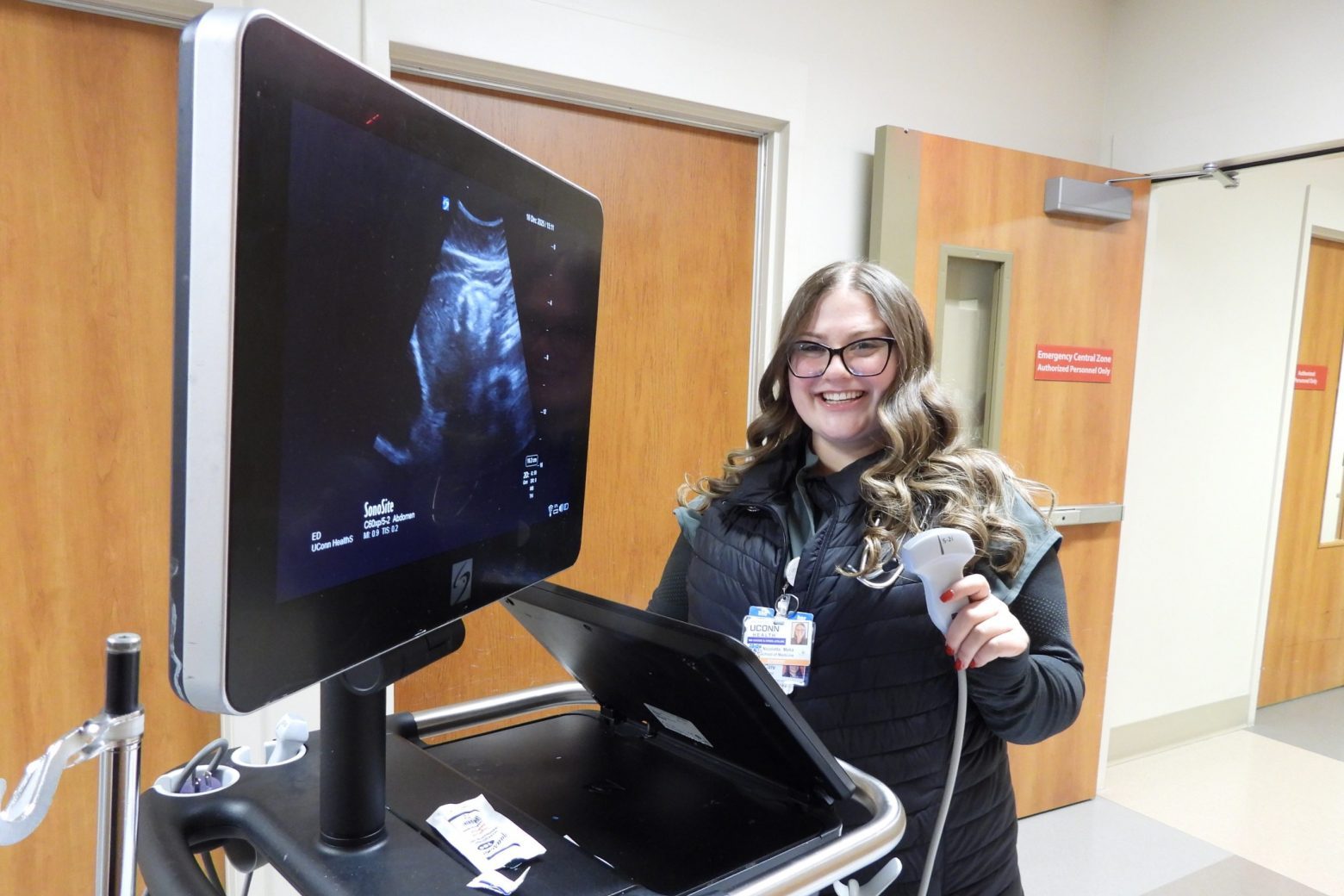When Hartford Innovation Places announced a plan to make the state capitol a center for the burgeoning insurtech industry, professor Timothy Folta, faculty director of the Connecticut Center for Entrepreneurship and Innovation (CCEI), was listening very carefully.
The emerging industry–which uses technological innovations to coax savings and efficiency from the current insurance industry model–would need savvy employees and those employees would need training, Folta thought.
“I saw this effort and thought ‘Why doesn’t CCEI take the initiative?'” said Folta, the Thomas John and Bette Wolff Family Chair in Strategic Entrepreneurship at UConn School of Business. “Insurtech is an element of the insurance industry that’s revolutionizing an industry that is so much a part of Hartford and the state. We think it’s timely.”
The ‘we’ refers to UConn School of Business and the University of Hartford, who have partnered to offer a three-prong program to teach undergrads and grads the ins and outs of insurtech. Through tailor-made courses, internships and mentoring, the program will create highly desirable job candidates for existing insurance companies and the insurtech firms and startups popping up in Connecticut and beyond.
This semester, CCEI debuted its first graduate-level insurtech venturing course, which will analyze the traditional insurance model vs. the innovations insurtech brings to the table. Students will learn how insurtech companies are financing and testing their business models and consider how to use cutting-edge technology without creating dangerous cybersecurity risks.
An undergraduate course is scheduled to follow in Fall 2019, Folta said. Each course will be taught at the Hartford-based CCEI to 15 students from each of the universities.
Ten international insurtech startups chosen by Startupbootcamp.com have come to Hartford to participate in the Hartford Innovations Places’ accelerator program. In January, CCEI began partnering students with the startups for vital experiential learning opportunities.
Lastly, each student is paired with two or three mentors—from the academic side and from venture capital or the firm where the student is interning—to provide real-world guidance and advice.
The effort is supported by about $150,000 from the CTNext Higher Education Grant Program, as well as funding from the Spencer Foundation, which supports insurance education, and some internal funding.
The rise of insurtech has created a sense of both anticipation and fear in the insurance industry, Folta said. Some are used to tried-and-true ways of doing things and worry about the sea of change new software, big data and artificial intelligence and analysis will bring.
“They see disruption is ready to take place and they are doing everything they can to make sure they aren’t disrupted,” Folta said.
That said, change is coming and companies would be wise to embrace it—and help stem the state’s much-discussed “brain drain” by snapping up job candidates with the skillset to make the transition, Folta said.
While the startups are free to leave once they complete the accelerator program, the hope is they will stay on in Hartford, adding to the city’s job market and aiding the Connecticut insurance industry.
“Last I checked, three or four are planning to stay for at least the near future,” Folta said.
UConn students and faculty seem to understand the situation. In planning the initial courses and structure of its insurtech initiative, CCEI sought expertise from across campus, including actuarial science, computer engineering and mathematics. The students enrolled in the first course are drawn from schools and colleges across the university, Folta said.



